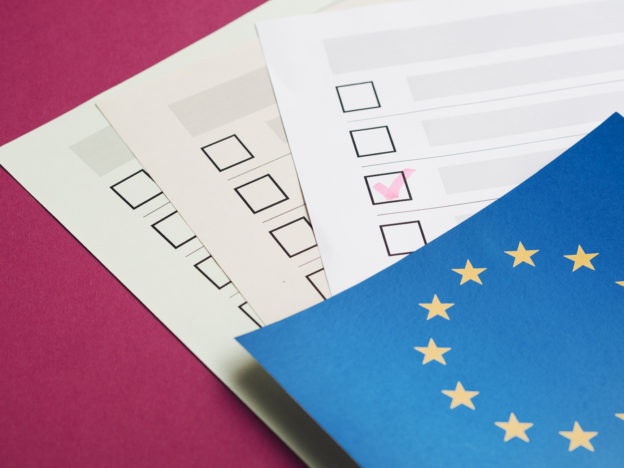The Council of the European Union adopted on June 24th, a 14th package of sanctions against Russia, intensifying restrictive measures in response to the ongoing aggression against Ukraine and including the following restrictions:
Export/Import of Goods
- Extension of export restrictions on dual-use/advanced technology goods (such as “quadbikes,” microwave and aerial amplifiers, and digital flight data recorders).
- Extension of current export bans on industrial products in four key sectors of the Russian war economy:
- Chemicals: manganese ores, silicon dioxide, chlorides, carbonates, rare earth compounds, refractory cements, battery chemicals.
- Plastics: all cellulose products and their derivatives.
- Vehicle parts, including spare parts for trucks; engines for all types of vehicles; and a limited number of automotive parts.
- Machinery and equipment such as drilling/excavation machines, pipe equipment; electrical equipment; monitors, radios, and video/audio equipment.
- Addition of 61 Russian entities and third-country entities (including China, Turkey, and Kyrgyzstan) to the list associated with the Russian military-industrial complex.
- Ban on importing helium and modifications to rules on importing Russian diamonds.
- Extension of the Common High Priority (CHP) list to include five HS codes concerning computer numerical control machine tools used for weapons production.
Provision of Services
- A new ban on transshipment services for Russian liquefied natural gas (LNG) on EU territory. Additionally, new restrictions prohibit investments and the provision of goods, technologies, and services for ongoing LNG projects in Russia, notably Arctic LNG 2 and Murmansk LNG.
- The provision of software and services to Russian subsidiaries of groups established in the EU or its partner countries remains possible until September 30, 2024; the deadline, initially set for June 20, 2024, to obtain authorization has thus been extended.
Anti-Circumvention
- To combat sanction circumvention, the EU now requires European parent companies to ensure that their subsidiaries in third countries do not engage in activities aimed at circumventing sanctions. Due diligence mechanisms must be put in place to prevent the re-export of critical goods for Russian military development.
- European operators must also include contractual provisions ensuring that industrial know-how transferred to third-country commercial partners is not used to produce goods destined for Russia.
Financial Measures
- Financially, the use of the “System for Transfer of Financial Messages” (SPFS) developed by the Central Bank of Russia is now banned for EU entities operating outside Russia. This measure also extends to transactions with specifically listed financial institutions and crypto-asset service providers facilitating transactions supporting the Russian defense industrial base.
Transport
- Ban on non-scheduled flights if a Russian person decides the origin or destination (regardless of aircraft ownership and control).
- Ban on road transport of goods in the EU, including transit, for EU companies owned 25% or more by Russians.
- Ban on access and services to ports for listed vessels. Specific ships contributing to the Russian war effort, such as those transporting military equipment or stolen Ukrainian grain, are now banned from EU ports.
Contractual Relations and Protection of EU Operators
- Regarding the “non-re-export” clause, changes have been made to reduce the implementation burden for EU operators:
- For contracts concluded before the adoption of the 12th package, the compliance deadline has been extended from December 20th, 2024, to January 1st, 2025.
- An exemption has been added for contracts concluded within the framework of public procurement in third countries, but such contracts must still be notified to the competent national authorities.
- Iceland and Liechtenstein have been added to the list of partner countries.
- European operators can now claim compensation for damages caused by the implementation of sanctions and expropriations. Measures are also planned to restrict the acceptance of intellectual property rights registration requests from Russian nationals and companies.
The implementation conditions of the 14th package will likely be subject to new FAQs from the Commission and the DG Treasury, which our team is closely monitoring.
Link to the Regulation: Regulation (EU) 2024/1745 of 24 June 2024 amending Regulation (EU) No 833/2014 concerning restrictive measures in view of Russia’s actions destabilising the situation in Ukraine
***
Our team remains at your disposal for any further information at the email: dscustomsdouane@dsavocats.com.

